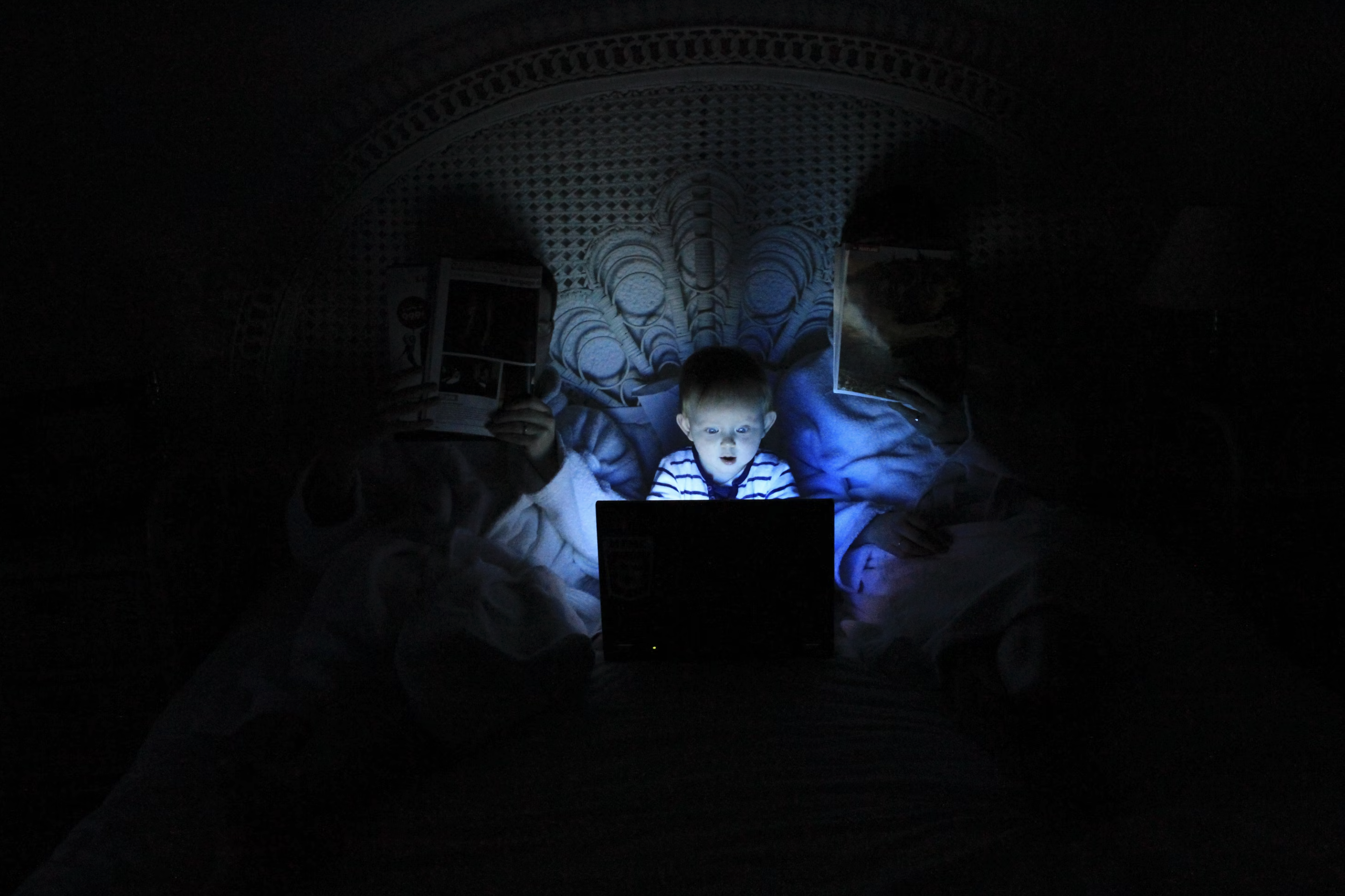By engaging with their surroundings, young children in preschool actively acquire knowledge. Participating in activities like running, climbing, and playing on the playground is essential for their physical well-being and cognitive stimulation. This piece delves into the topic of setting restrictions on screen time for preschoolers.
Utilizing screen time judiciously can serve as a tool to reinforce educational concepts and foster imaginative play when opting for educational programs, games, or apps. However, excessive screen exposure may lead to learning challenges, sleep disturbances, and an increased risk of obesity in children.
The American Academy of Pediatrics (AAP) recommends limiting screen time for preschoolers. Yet, in today’s tech-savvy environment, steering children away from televisions, tablets, smartphones, and gaming consoles can pose a significant challenge due to the ubiquity of these devices. Hence, parents play a crucial role in regulating their children’s screen time.
Determining the Threshold of Excessive Usage
For children aged 2 to 5, engaging with educational content on screens for up to an hour daily is deemed appropriate. An exception to this guideline is meaningful video interactions with family members, such as grandparents, which should be encouraged as valuable social engagement.
Strategies for Managing Screen Time
Lead by example, establish boundaries, and communicate openly with your child regarding screen usage, treating it akin to any other activity.
Effective Approaches to Optimize Preschoolers’ Screen Time:
Actively participate with young children during screen time activities. Engage in educational games or discussions related to age-appropriate TV shows or videos together.
Exercise caution when selecting games or apps for your child. Not all educational apps deliver on their promises. Seek recommendations from educators and pediatricians on reputable online resources. Preview the content before introducing it to your child.
Ensure that your child has ample non-screen time throughout the day. Unstructured play is vital for their learning and creativity. Allocate moments for hands-on activities and social interactions. Additionally, prioritize adequate sleep and regular physical exercise for your child.
Discourage screen exposure, including TV, at least an hour before bedtime. Keep electronic devices out of children’s bedrooms.
Set a positive precedent for others to emulate. Power down all screens, including TVs, when not in use. Avoid constant screen presence. During family meals or quality time, switch off or silence your phone. Dedicate quality time to engage in activities with your child.
For more enriching reads, explore the following recommended articles: Screen Time Restrictions For Teenagers, Reading Time For Toddlers, Treatment for School Anxiety in Children

